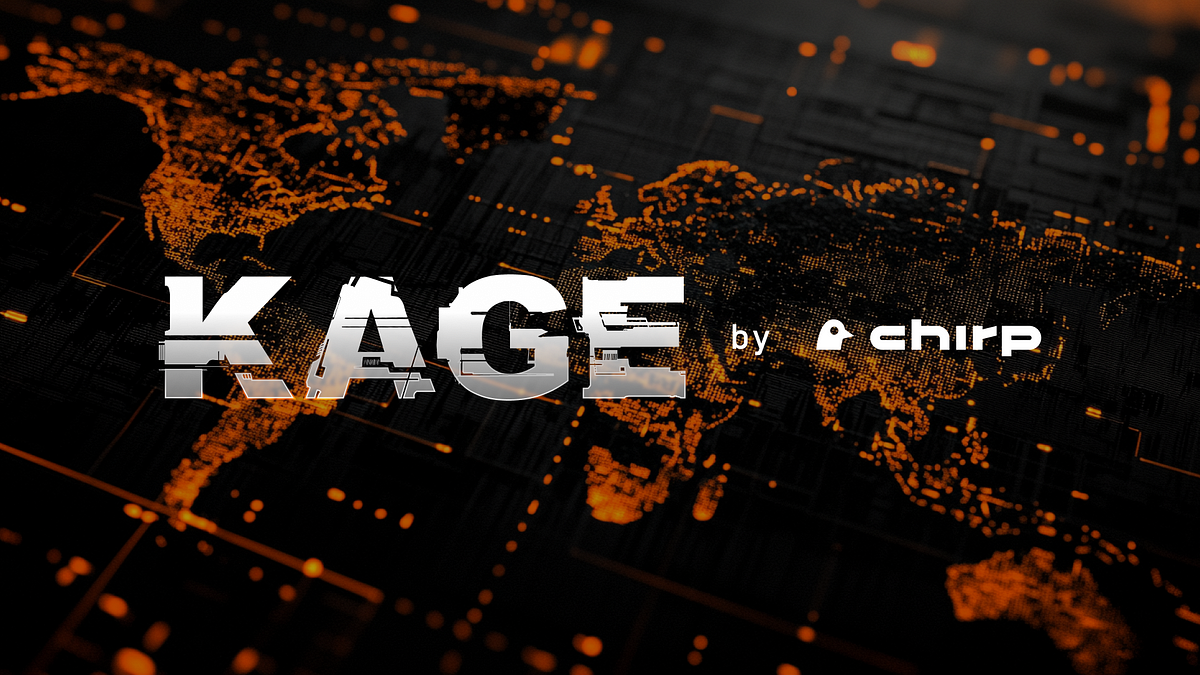Kage App: Revolutionizing Geolocation with DePIN Technology

The Kage App by Chirp is making waves in the Web3 gaming landscape as the world’s first DePIN (Decentralized Physical Infrastructure Network) game with real-world utility. Users can earn rewards by contributing to a crowdsourced geopositioning database, which has already seen impressive engagement. In just three months, from November 2024 to February 2025, users have scanned over 2 billion unique networks, including 481 million Wi-Fi hotspots and 25 million cell towers. This rapid growth starkly contrasts with traditional Web2 competitors like WiGLE, which took 19 years to reach a mere 551 million networks.
The foundation of Kage lies in the concept of wardriving, where users scan for wireless networks while moving through an area. Chirp has gamified this activity, transforming it from a niche practice into a community-driven initiative that builds a decentralized location database capable of replacing GPS in various applications. Unlike many Play-to-Earn games that lack real utility, Kage focuses on creating a geolocation system that can function effectively without reliance on GPS, particularly in areas where traditional systems fail, such as indoors or during GPS jamming.
Chirp’s geolocation database leverages various wireless signals, including Wi-Fi, cell towers, and Bluetooth, to estimate device locations. This innovative approach not only enhances navigation in challenging environments but also opens up new possibilities for applications in military, IoT, and child safety. As Chirp continues to expand its database, it is poised to capture a significant share of the projected $472 billion GPS market by offering a decentralized and more efficient alternative. Kage is not merely a game; it represents the dawn of a new era in location technology, emphasizing community involvement and real-world applications in the process.
Related News





